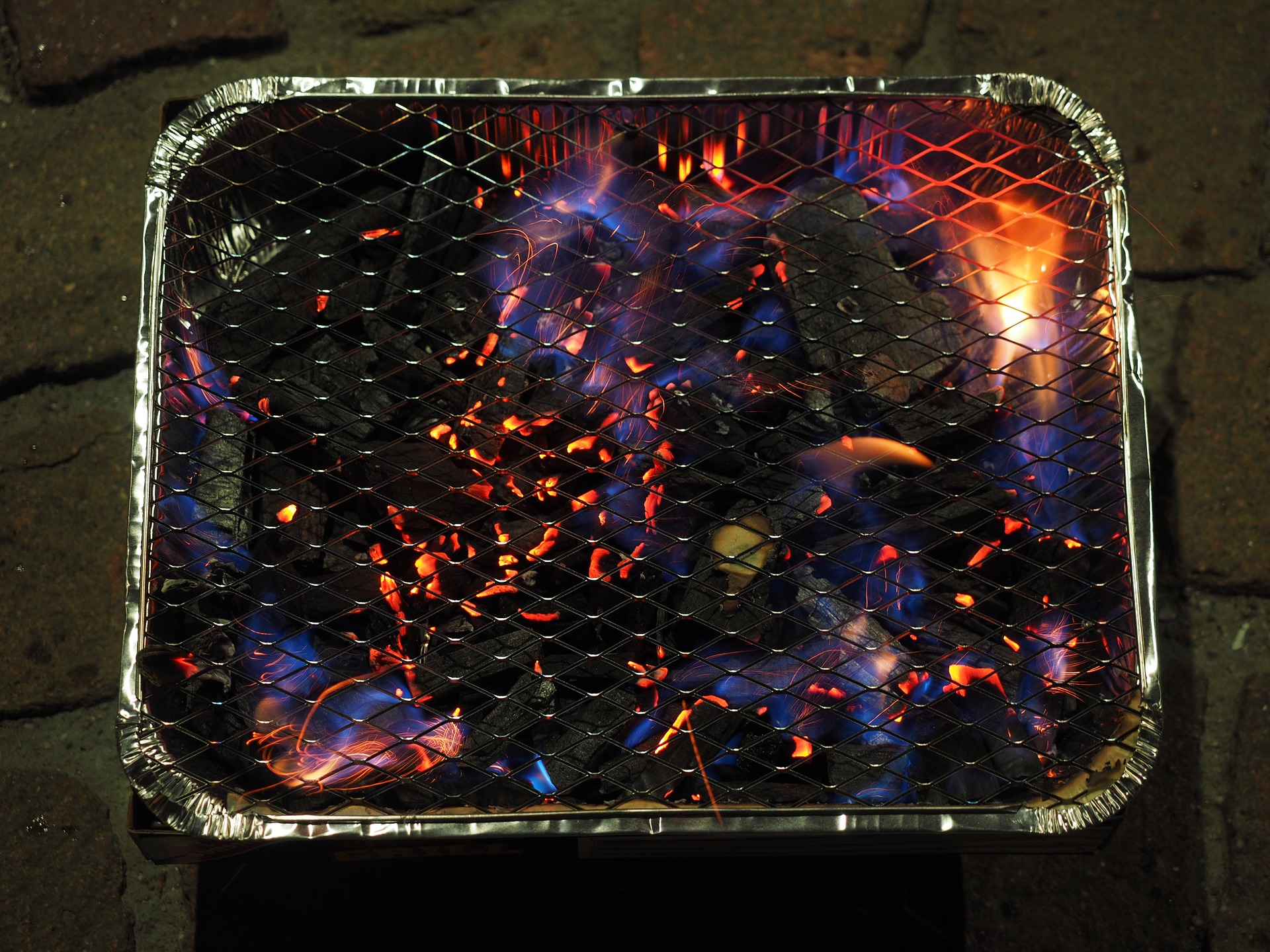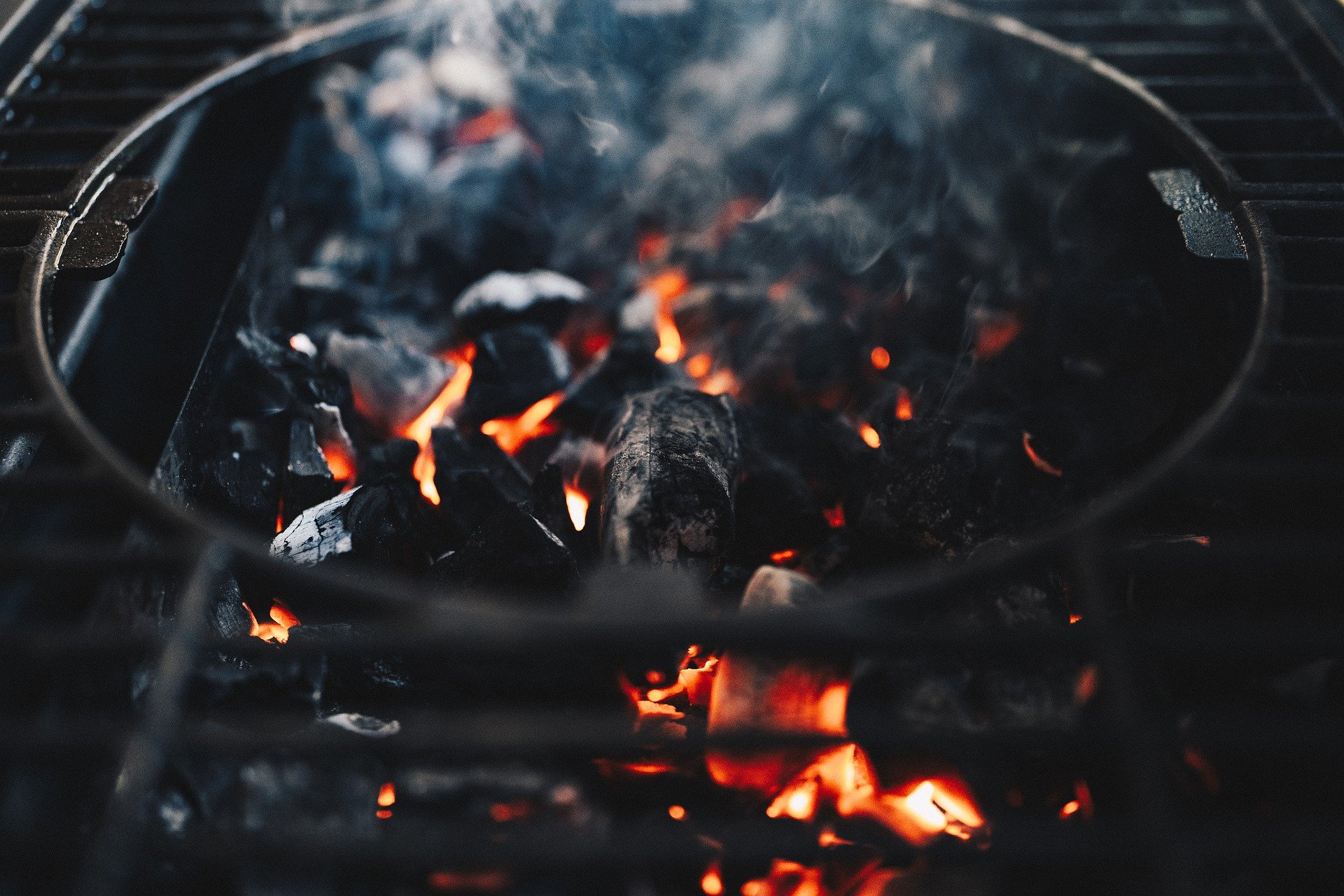
Barbecues are great when the sun is shining and you have friends and family to visit, but they do carry a fire risk. Follow our barbecue safety advice to avoid injury and damage to property or wildlife.
Top Tips
- Never leave a barbecue unattended.
- Always position the barbecue on a level site, away from wooden fencing, sheds, hedges, dry grass and vegetation.
- Keep children, garden games and pets well away from the cooking area.
- Keep a bucket of water or sand nearby for emergencies.
- Ensure the barbecue is cool before attempting to move it.
- Never use a barbecue indoors or inside a tent, as they produce potentially lethal carbon monoxide.
- Always have a bucket of water or garden hose to hand in case a barbecue gets out of hand.
 Disposable Barbecues
Disposable Barbecues
As a Service we don’t encourage the use of disposable barbecues anywhere other than your own garden. If you do use a disposable barbecue:
It must be placed on an even surface on either bricks or paving slabs.
Place disposable barbecues well away from the house, shed or fences.
If you’re using a disposable barbecue ensure it has cooled before putting it in the bin. To avoid starting a fire you should allow it to cool for several hours and then consider pouring water over it to make sure it’s out.
Charcoal Barbecues
Use only enough charcoal to cover the base to a depth of about 50mm (2 inches).
Only use recognised fire lighters or starter fuel and only on cold coals – use the minimum necessary and never use petrol or paraffin.
Never put hot ashes straight into a dustbin or wheelie bin – they could melt the plastic and cause a fire.
Gas Barbecues
- Make sure the tap is turned off before changing the gas cylinder.
- Change cylinders outdoors if possible or in a well-ventilated area. Store gas cylinders outside and protect them from direct sunlight and frost.
- If you suspect a leak to the cylinder or pipe work, brush soapy water around the joints and watch for bubbles – tighten to fix but do not overtighten.
- After cooking, turn off the gas cylinder before turning off at the controls to ensure any residual gas in the pipe work is used up.
Take a look at this video from Litter Free Dorset on how barbecues burn more than bangers!